From the cliffs above San Francisco bay, a vibrant orange and purple sky can be seen. The lights of cars entering and leaving the city mingle with lights on the immense suspension bridge that connects Sausalito to San Francisco. The scenery seems to shimmer and vibrate. After some digital distortion clears, the welcoming smile of Marisa Alviar-Agnew becomes clear.
“Welcome to my Golden Gate office,” Alviar-Agnew says brightly as parts of her hair slowly flicker. The glitch is a product of her webcam struggling to recognize the line between her hair and the solid colored green sheet behind her, which has been digitally painted with an image of the Golden Gate bridge.
Alviar-Agnew teaches Introduction to Chemistry and Adventures in Chemistry this spring semester at City College. She’ll be ready to virtually welcome her chemistry students to their modified lab class by March 24. Like Alviar-Agnew, all Los Rios instructors have made significant changes to the way they work with students since March 13, when the district closed college campuses due to the COVID-19 pandemic.
“This made me modify my exams so much. I’m teaching Adventures in Chemistry for non-science majors. Instead of 100 questions heavily related to chemistry, I gave three reading assignments related to COVID-19,” she said, noting that the exam will now be based on the readings. “They will learn about how the virus affects the body, how hand sanitizers work. It’s a practical twist.”
Three days before City College’s announcement of the district-wide shutdown, City College student Candace Gibb had some concerns about her lab class converting to a web-based setting. Gibb, who is studying to achieve a master’s in marine biology, described another chemistry professor’s warning about possible obstacles.
“The teacher voiced that we can do our lectures online, but we are required to come on campus for the labs, even if other classes go online,” said Gibb.
Virtual conferencing or video chat apps such as Zoom can facilitate a teacher’s use of office hours to interact with students. However, online features do not fully replicate the lessons gleaned from a hands-on lab experience.
Via Zoom, Alviar-Agnew exhaled, sharply sighing as she described the challenges the chemistry department faces while planning and implementing some of the more advanced lab demonstrations.
“It’s a lot of compromise. I’m teaching a very basic chemistry class, so the damage isn’t as evident, but the students are not going to get the experience I thought they would. The higher chemistry courses need skill using equipment.”
Alviar-Agnew’s voice rose with concern. “How can we teach this skill when the students can’t touch a syringe to put into a tiny port? That’s a skill they have to learn. You can’t do that virtually.”
After the first week of remote instruction, Gibb offered a few details about how things were going so far. Her chemistry teacher, Sharmila Mukherjee, has conferenced with the class via Zoom, in addition to providing video lectures. There is some delay in communication that may pose a threat to the course’s productivity for some of Gibb’s peers.
“She’s still trying to get students to respond to emails so they can access voice calls. It’s just difficult when classes can’t hold labs,” said Gibb.
There are certainly concerns within the chemistry department over the upcoming challenges, according to Alviar-Agnew. There is also a clear sense of collaboration on campus. To maximize the value of each lesson, chemistry professors are making special efforts to recreate classroom settings in an online venue.
“Our department is really into giving the best experience for our students. We’re all solid on that,” said Alviar-Agnew. “Colleagues have spent the last three days redoing experiments and videotaping them so it’s more realistic. I took video of the equipment I’ll talk about. I want to show students what we have in our department.”
The astronomy department faces similar challenges to those faced by City College’s chemistry professors. Following a week of remote instruction, professors Mike Richardson and Doug Copely, who both teach astronomy and physics lab classes, are still working through all the technical hiccups involved in this kind of change in instruction.
“Things are too much in a state of flux right now,” said Copely. With two weekly physics labs, Copely faces formidable challenges in administering his lab classes, adding, “It’s very similar to what it must be like to build a plane as it flies. Once the emergency is over, we can reflect on lessons learned.”
According to Richardson, district efforts have been very active and supportive. Classes unable to transition face a threat of cancellation unless instructors can fully implement remote access. Richardson listed nine geology, astronomy and physics courses currently vulnerable during these early stages of implementation.
“For classes with laboratory components that cannot be completed remotely, we have had difficulty,” Richardson said. “We have suggested several solutions, but this leaves our department in limbo.”
Alviar-Agnew met virtually with her students this week to ensure they were all prepared to use Zoom. The app was suggested during recent chemistry department phone conferences. Using this software, she can deliver lectures, stream presentations and video. She’s been testing Zoom with her students this week.
“I spent this week doing system checks with my students. We checked their video and audio connections. I had a colleague with 51 students in their class able to use this!” She made a clear distinction in her choice of words. “We call this remote instruction. We are not adapting to online teaching. We are scrambling to communicate remote instruction this way, but it’s not ‘online teaching.’”
Richardson maintains apprehensions over the possibility that members of City College administration would eventually lean too much on web-based lab instruction. Students taking advanced level astronomy, physics, chemistry and geology classes are on a path Richardson wants to preserve.
“Members of my department have serious concerns that online laboratory instruction leaves an unacceptable and unnecessary gap in a science major’s educational experience,” said Richardson.
Nationwide, colleges and universities have discovered resources and achieved successes differently than City College. But, faculty note, the Covid-19 pandemic presents the members of faculty, staff, administration, district and beyond with an opportunity to learn from each other so the adaptation is successful and swift.
“Our administration has been cultivating a relationship with Arizona State University in an effort to legitimize and extend the online side of our program offerings,” Richardson said, admitting that ASU has fully embraced the use of remote science laboratory instruction.
Still, Richardson says such a sudden change in the form of instruction should be looked upon with some level of skepticism. He maintains hope for more reliable solutions, emphasizing the value of “smaller class sizes, longer school terms and better support for faculty.”
“This is at best a giant social experiment,” Richardson observes. “No one knows where online instruction will improve educational outcomes or where it will do harm.”

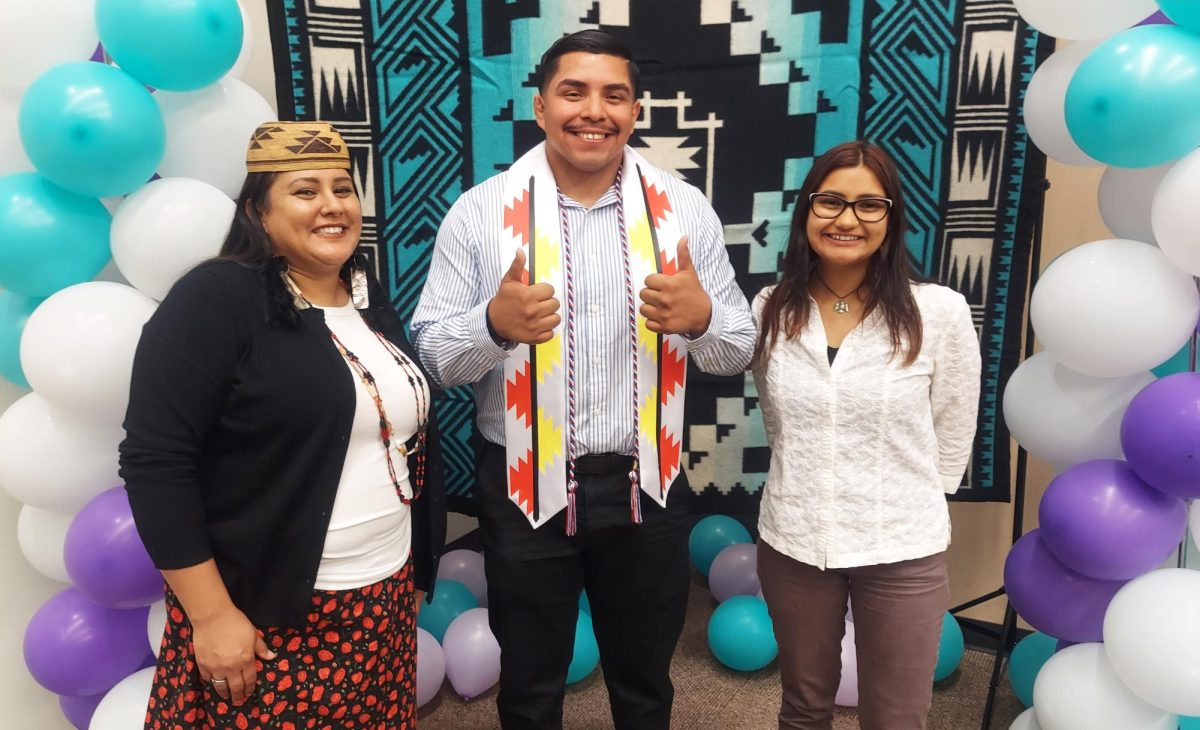
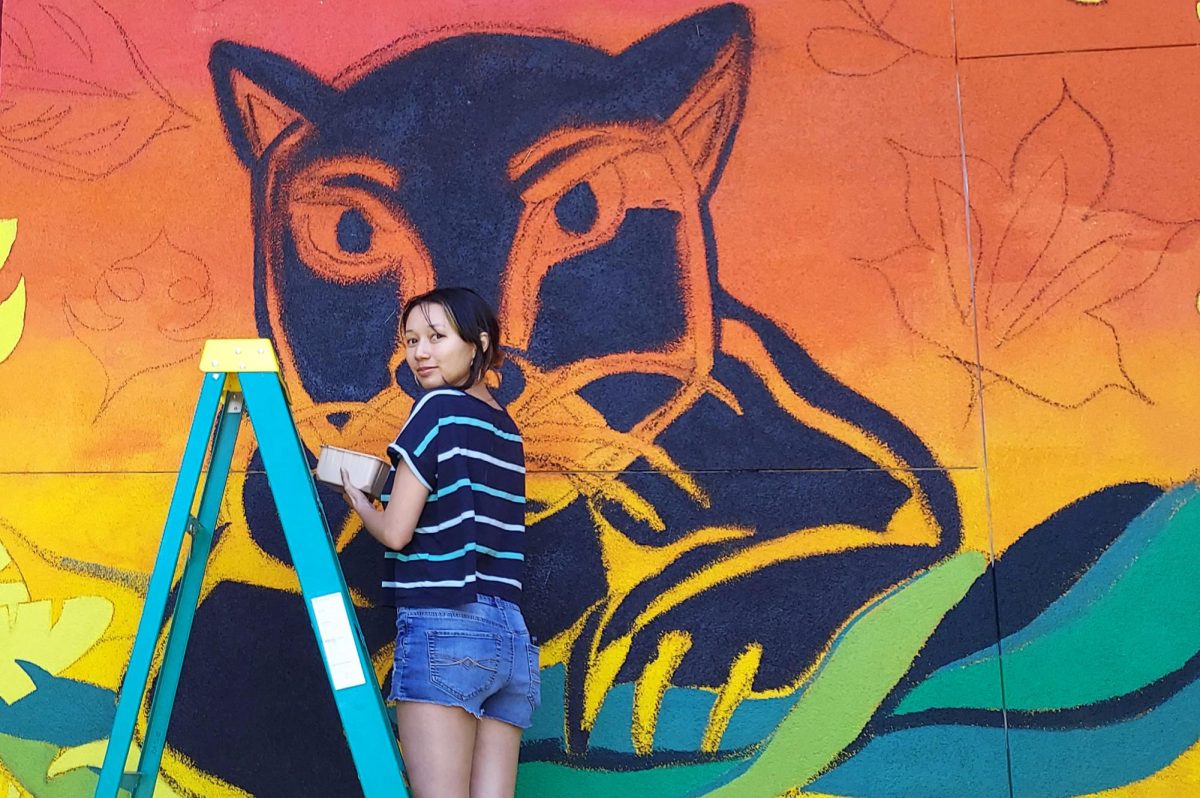
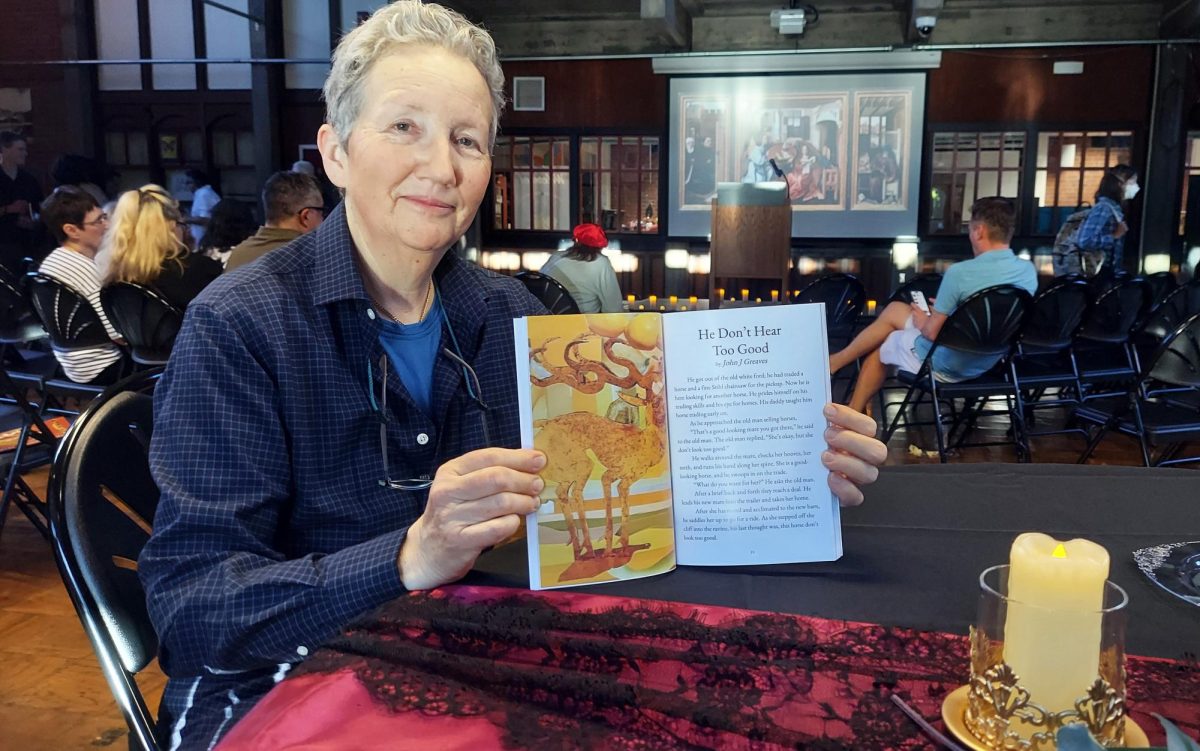


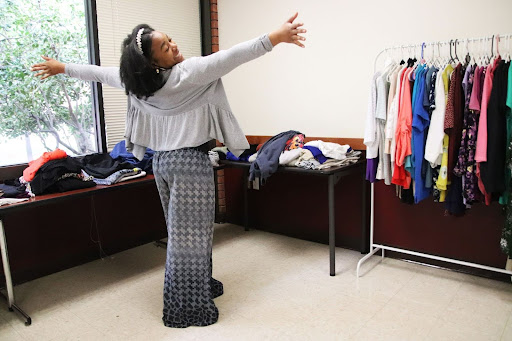

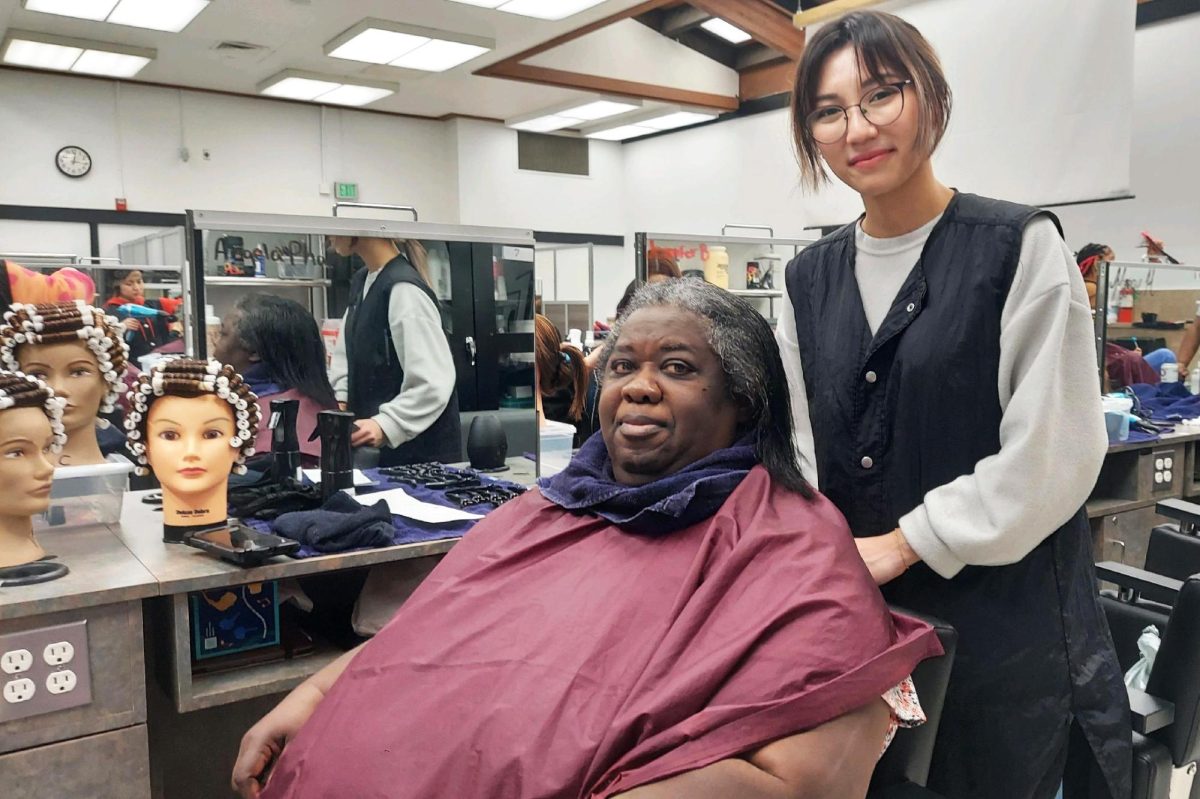







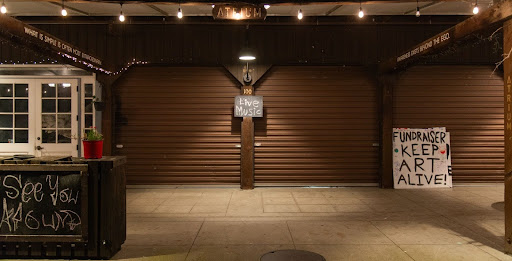
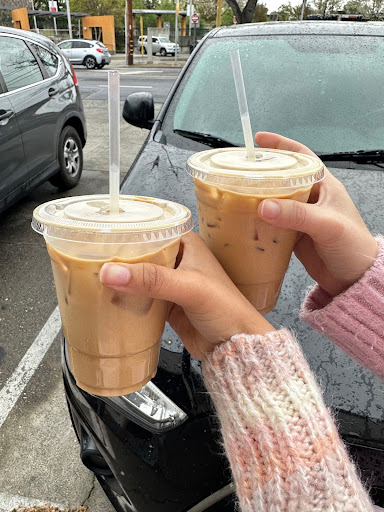
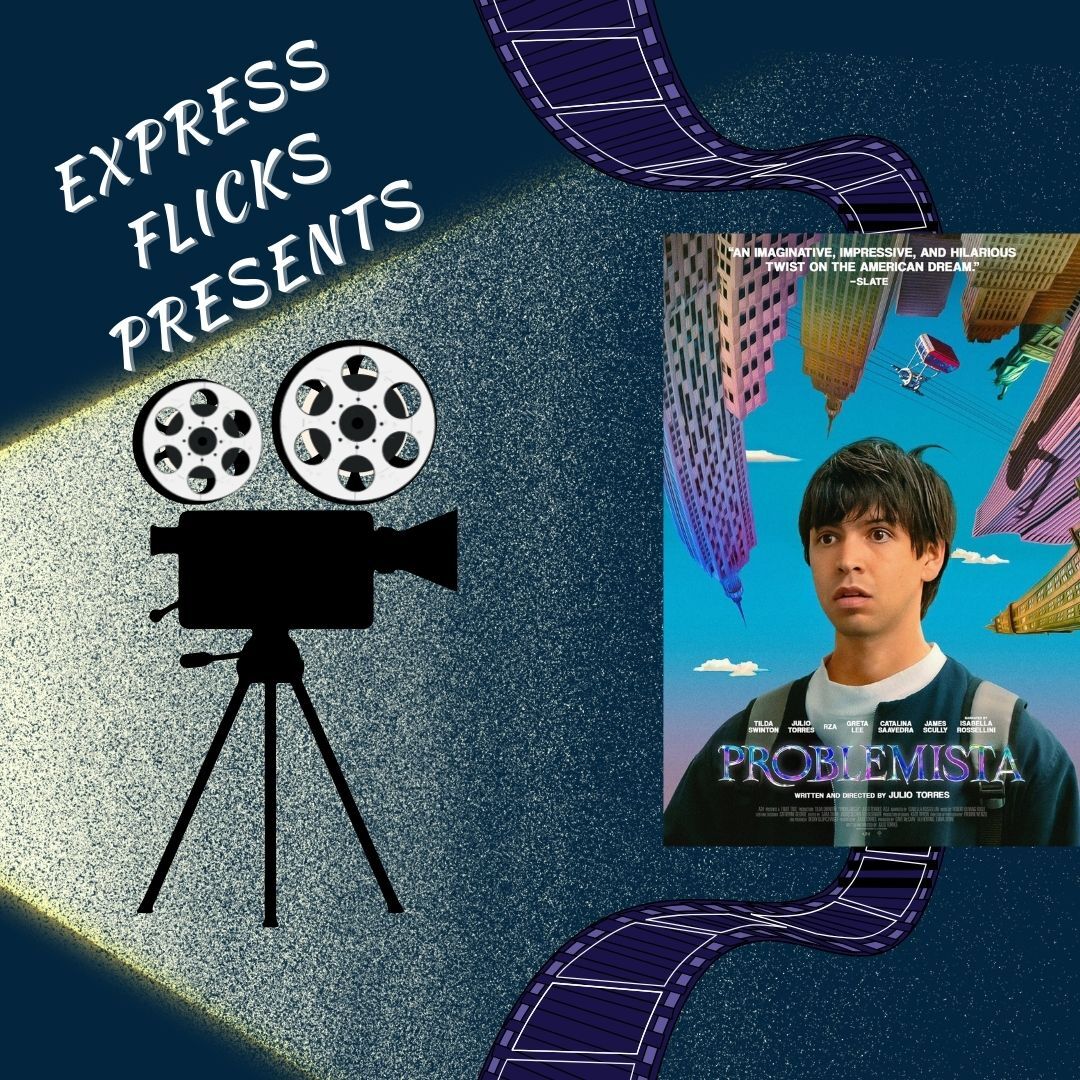
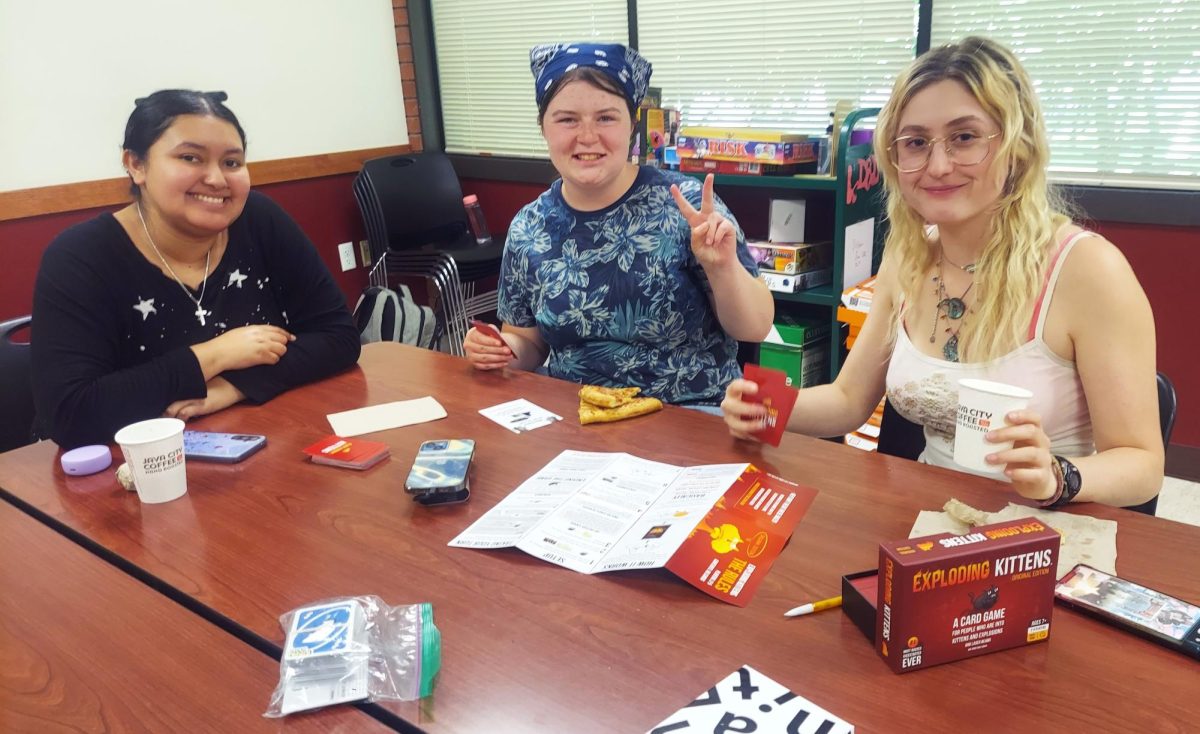




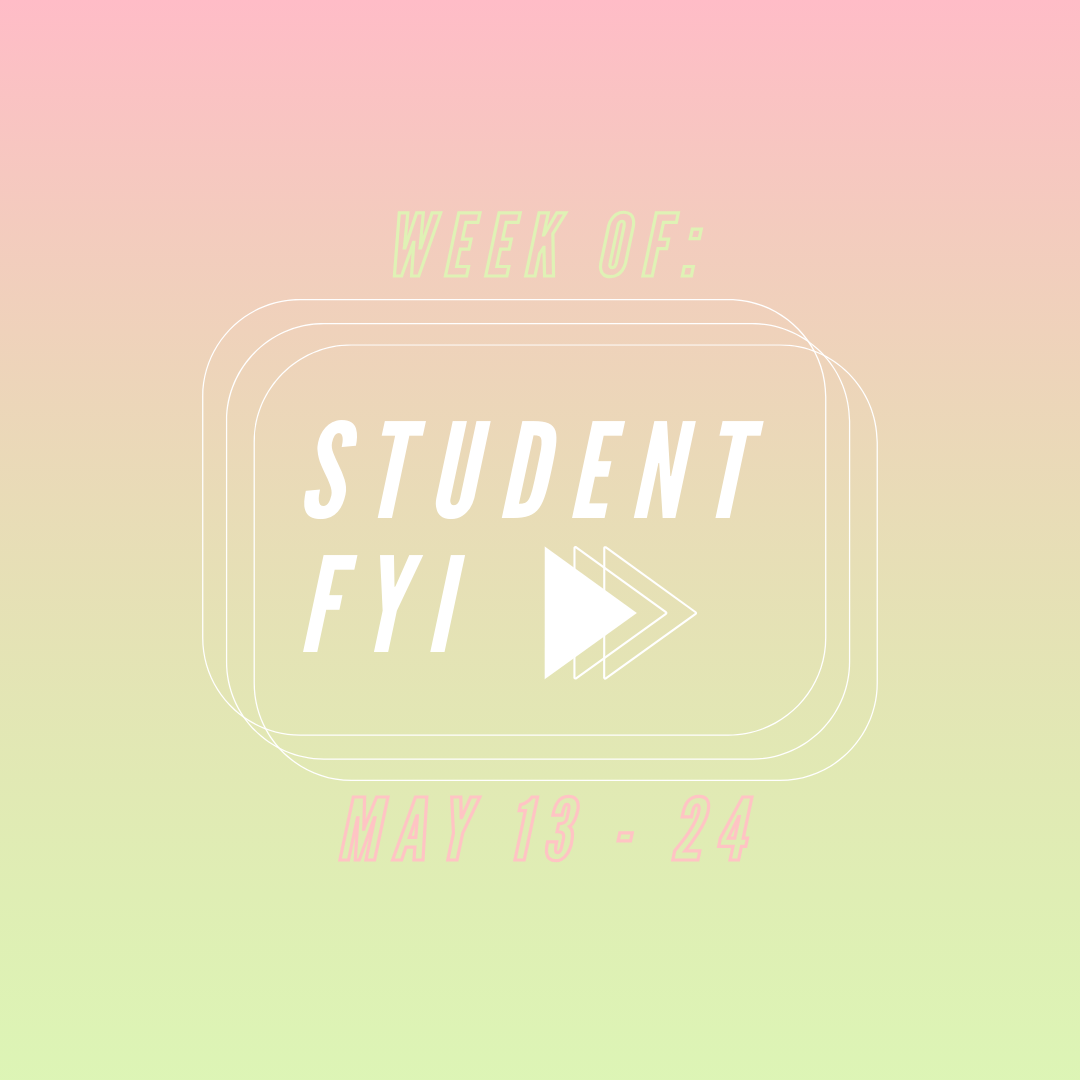
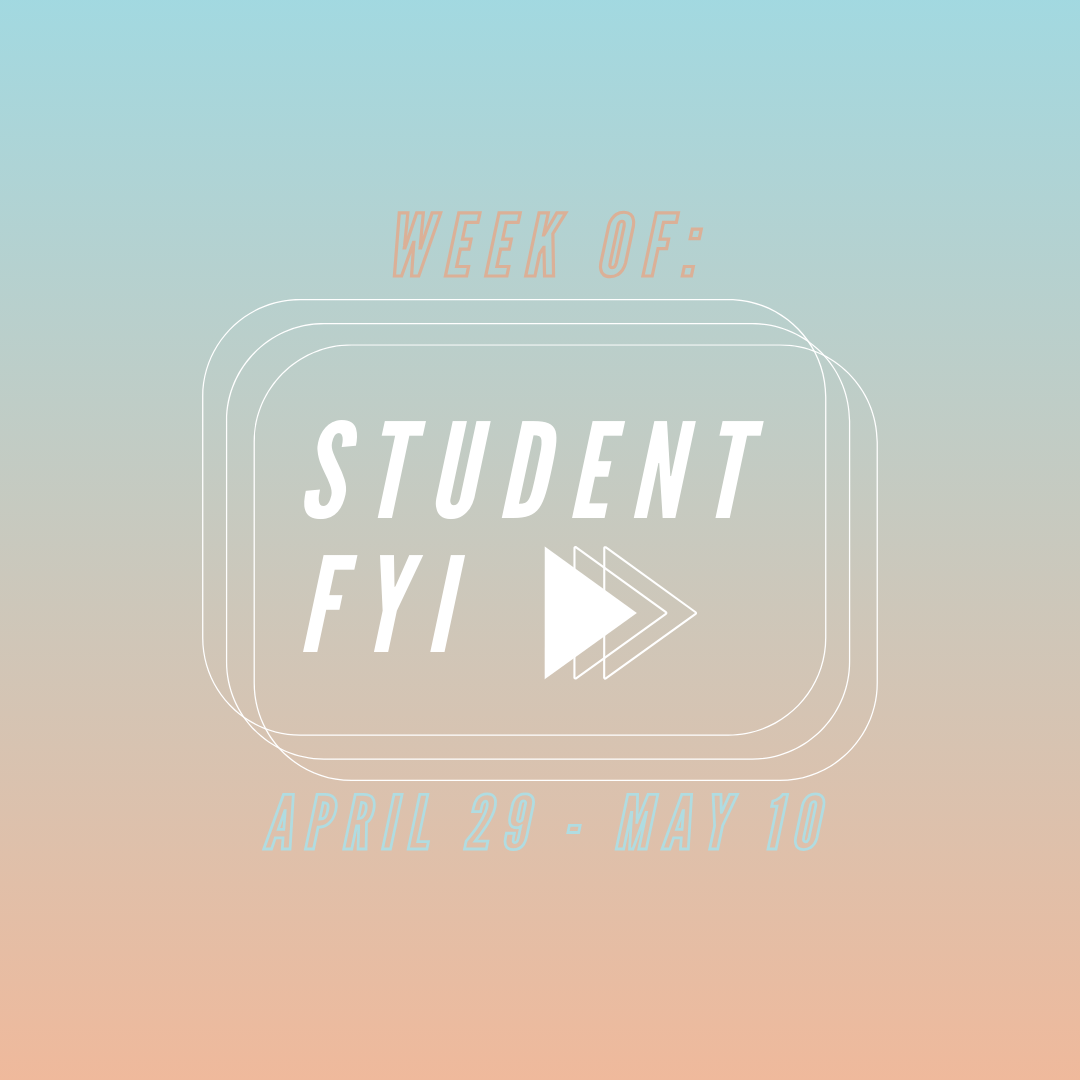




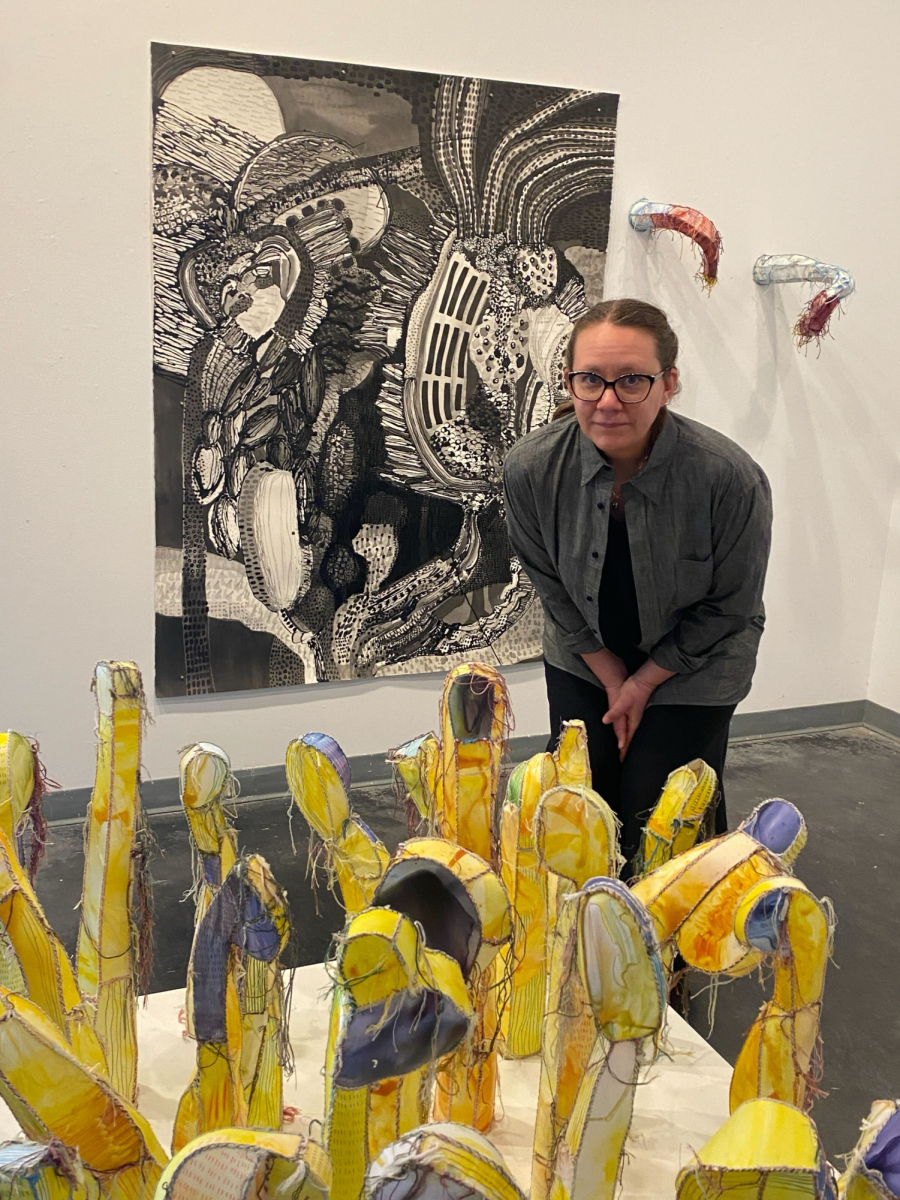

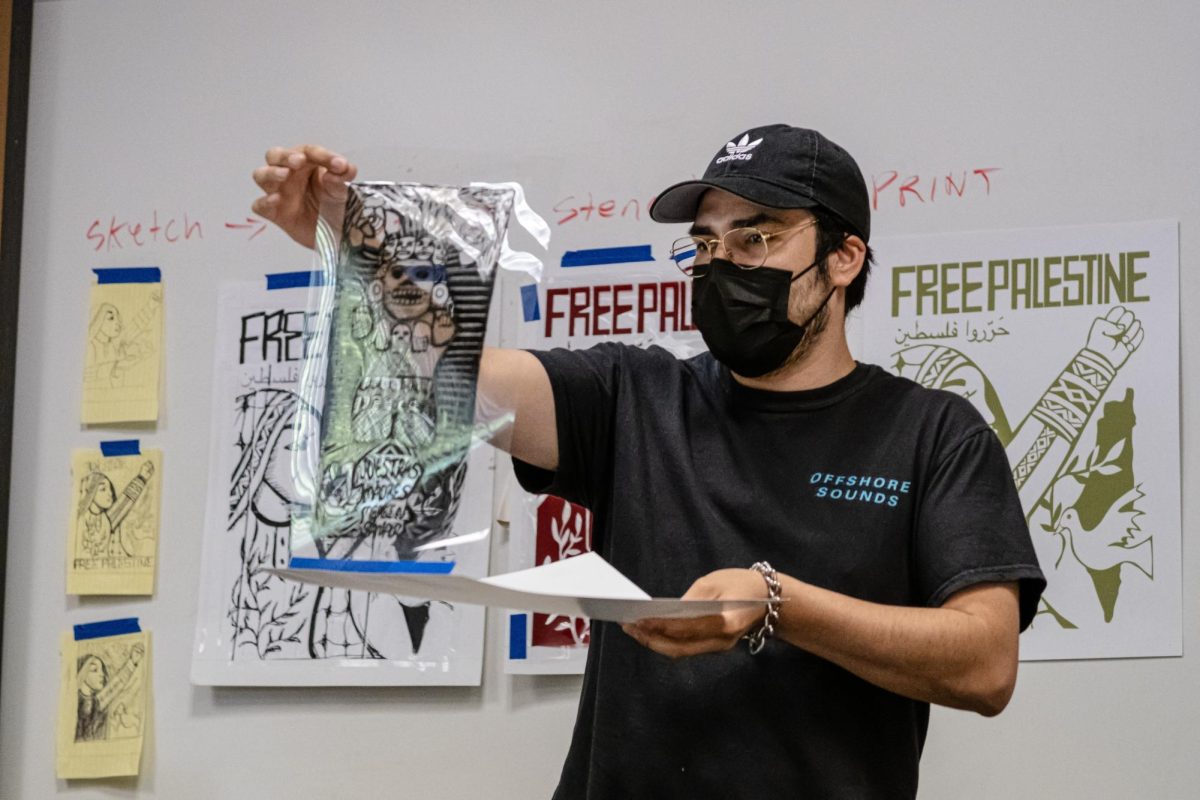
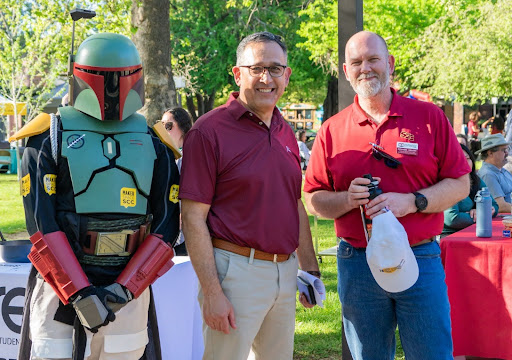
LINDA DAVIS • Mar 23, 2020 at 5:00 pm
WHAT AN ENORMOUS HURDLE HAS BEEN THROWN IN FRONT OF YOUR DEDICATED STAFF. IT IS OBVIOUS
THE MANY HOURS, RESEARCH AND PREPARATION THAT HAVE BEEN APPLIED TO THIS CHALLENGE! YOUR ARTICLE CERTAINLY HELD MY INTEREST AND CONCERN FOR YOUR PROFESSORS AND STUDENTS ALIKE.